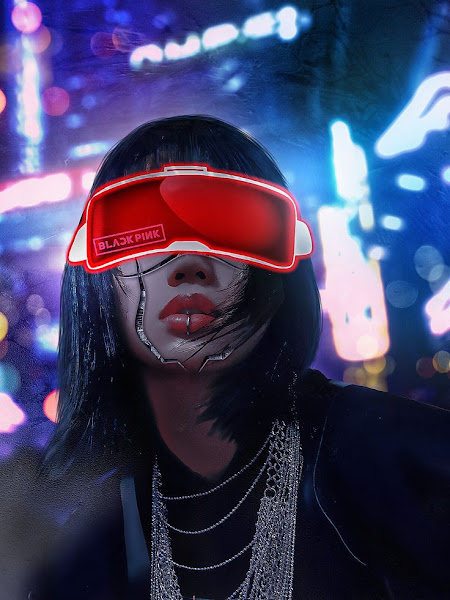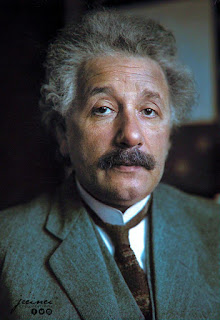WHAT IS SIMULATION THEORY?
Simulation theory, a modern hypothesis with ancient roots, posits that we're actually living in an advanced digital construct, such as a computer simulation, that's overseen by some higher form of intelligence.
Simply because we perceive the world as ‘real’ and ‘material’ doesn’t mean that it is so,” said Rizwan Virk, a tech entrepreneur and author of The Simulation Hypothesis. “In fact, the findings of quantum physics may shed some doubt on the fact that the material universe is real. The more that scientists look for the “material” in the material world, the more they find that it doesn’t exist.”
The findings of quantum physics may shed some doubt on the fact that the material universe is real."
Virk mentioned the renowned physicist John Wheeler, who worked with Albert Einstein decades ago. In his lifetime, Wheeler said, physics had evolved from the premise that “everything is a particle” to “everything is information.” He also coined a phrase that’s well-known in scientific circles: “It from bit” — meaning everything is based on information. Even the definition of a particle in physics is “kind of fuzzy,” Virk added, “and may be in fact just be a qubit — a quantum computing bit.”
New York University philosophy professor David Chalmers has described the being responsible for this hyper-realistic simulation we may or may not be in as a “programmer in the next universe up,” perhaps one we mortals might consider a god of some sort — though not necessarily in the traditional sense. “[H]e or she may just be a teenager,” Chalmers said, “hacking on a computer and running five universes in the background… But it might be someone who is nonetheless omniscient, all-knowing and all-powerful about our world.”
Even more mind-meltingly, theoretical physicist David Bohm once posed this tortuous notion: “Reality is what we take to be true. What we take to be true is what we believe. What we believe is based upon our perceptions. What we perceive depends on what we look for. What we look for depends on what we think. What we think depends on what we perceive. What we perceive determines what we believe. What we believe determines what we take to be true. What we take to be true is our reality.”
(Deep breath).
And what we take to be true, more than a few folks believe — among them tech entrepreneur Elon Musk, who famously said the odds that we’re not simulated are “one in billions” — might now or at least someday be merely the effect of simulated brains and nervous systems processing a simulated world. To Musk’s unique way of thinking, the strongest argument for our probably being in a simulation is that, as he put it in 2016, “Forty years ago, we had Pong, two rectangles and a dot…That is what games were. Now, 40 years later, we have photorealistic 3D simulations with millions of people playing simultaneously, and it’s getting better every year. And soon we’ll have virtual reality, augmented reality. If you assume any rate of improvement at all, the games will become indistinguishable from reality.”


Comments
Post a Comment